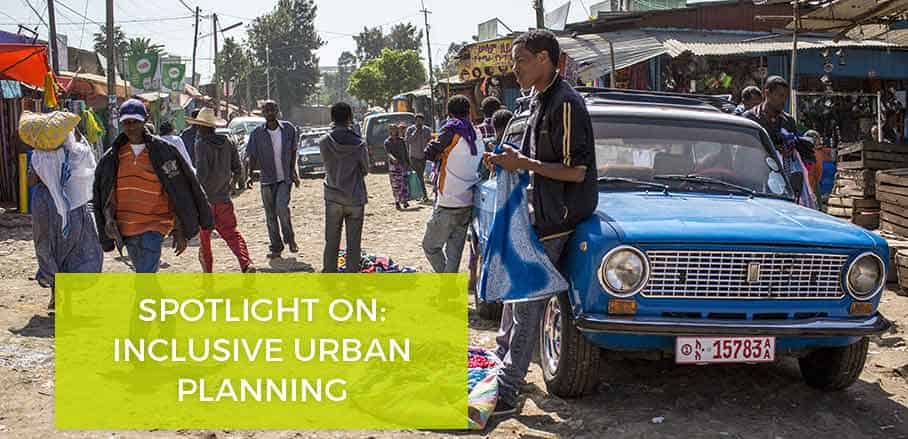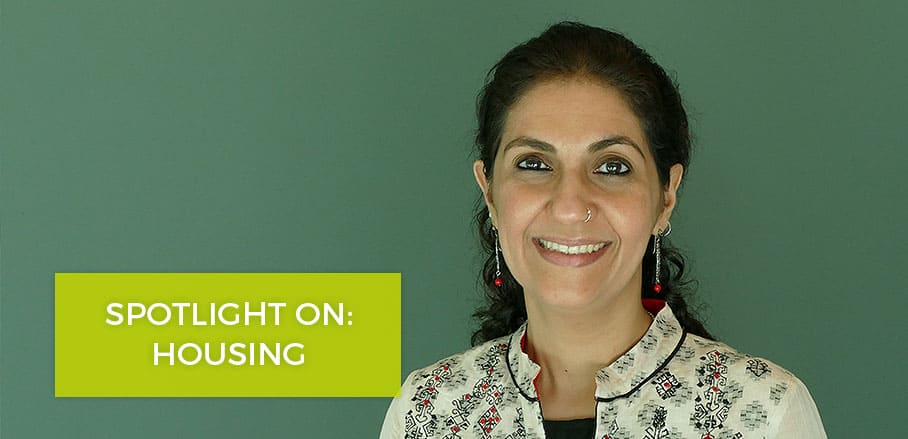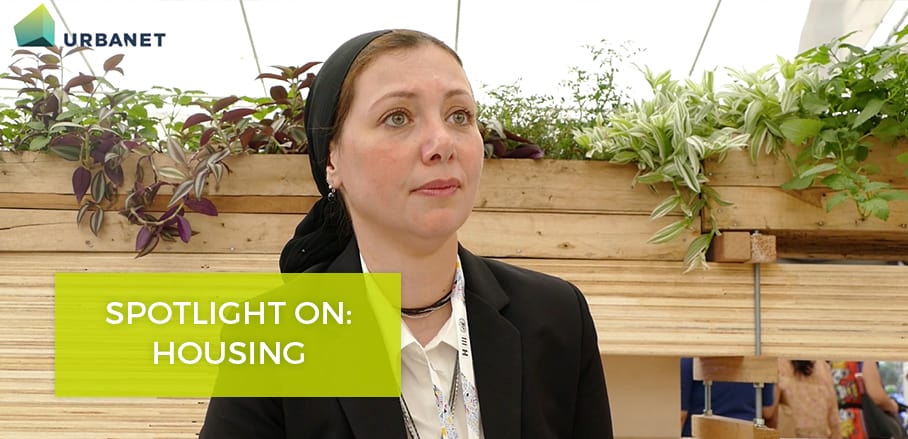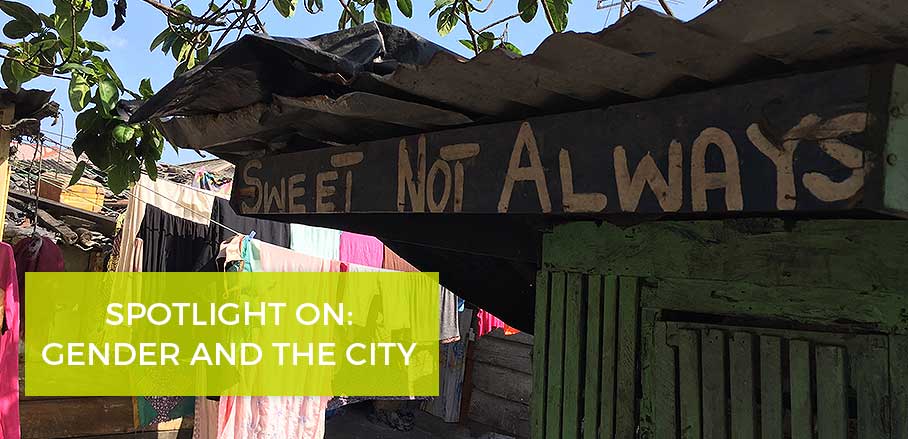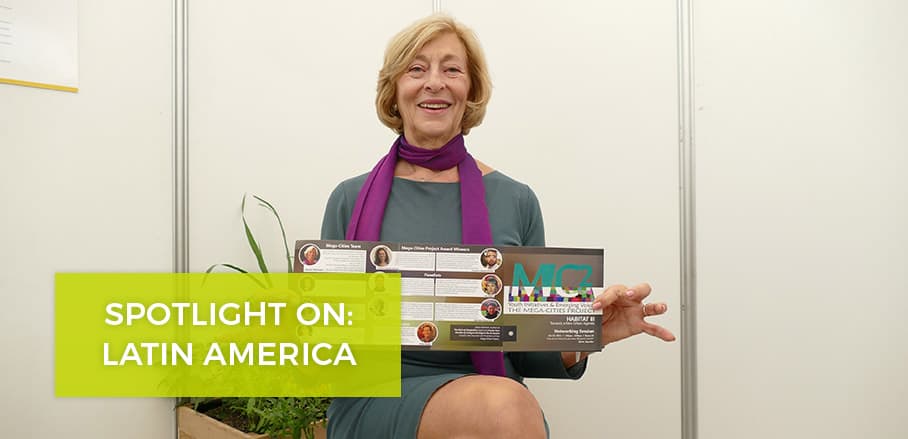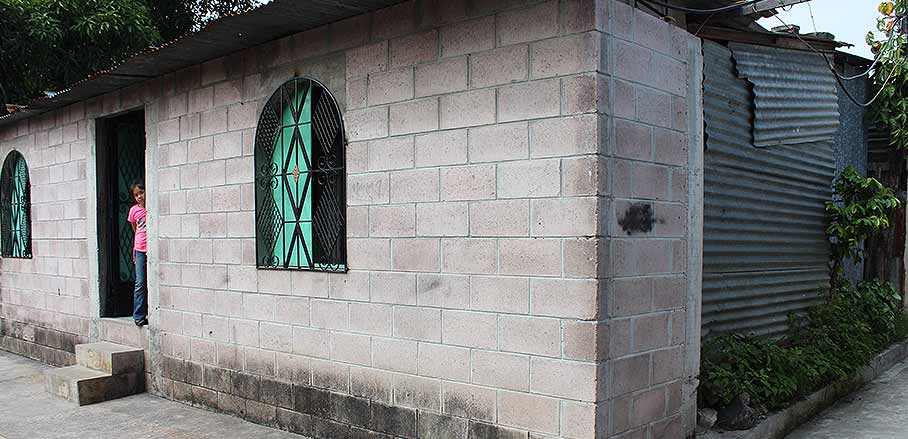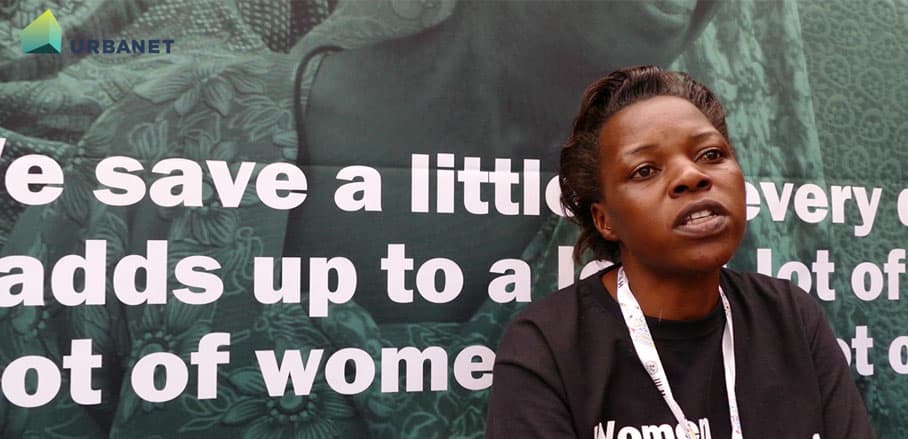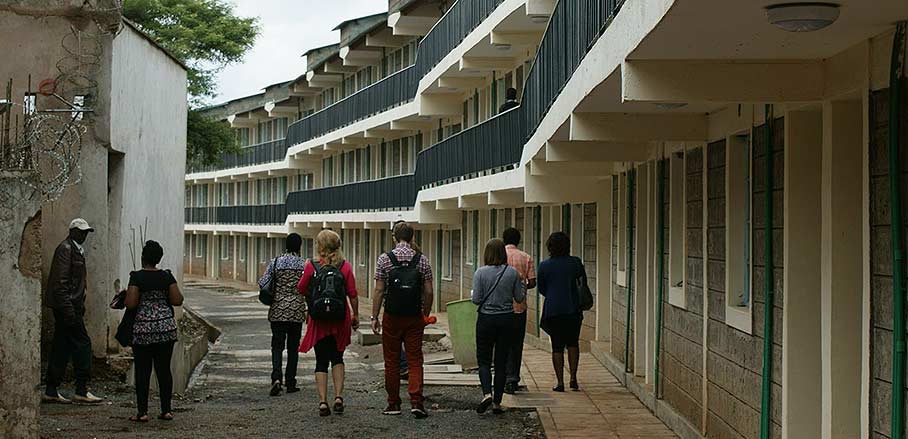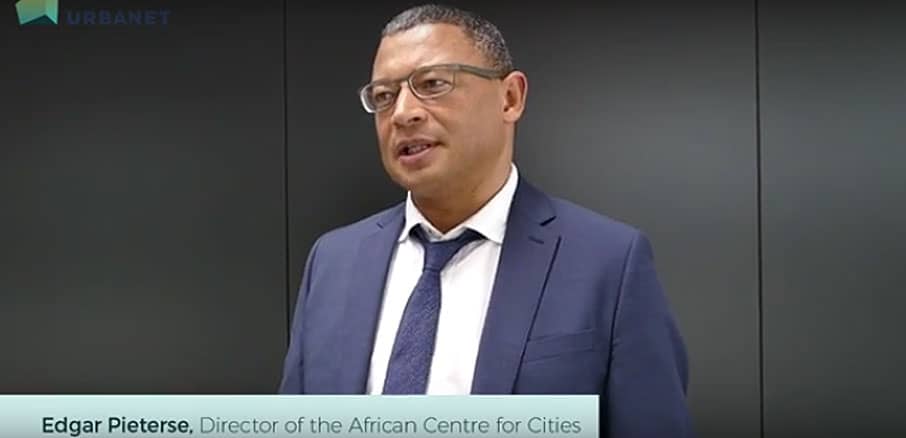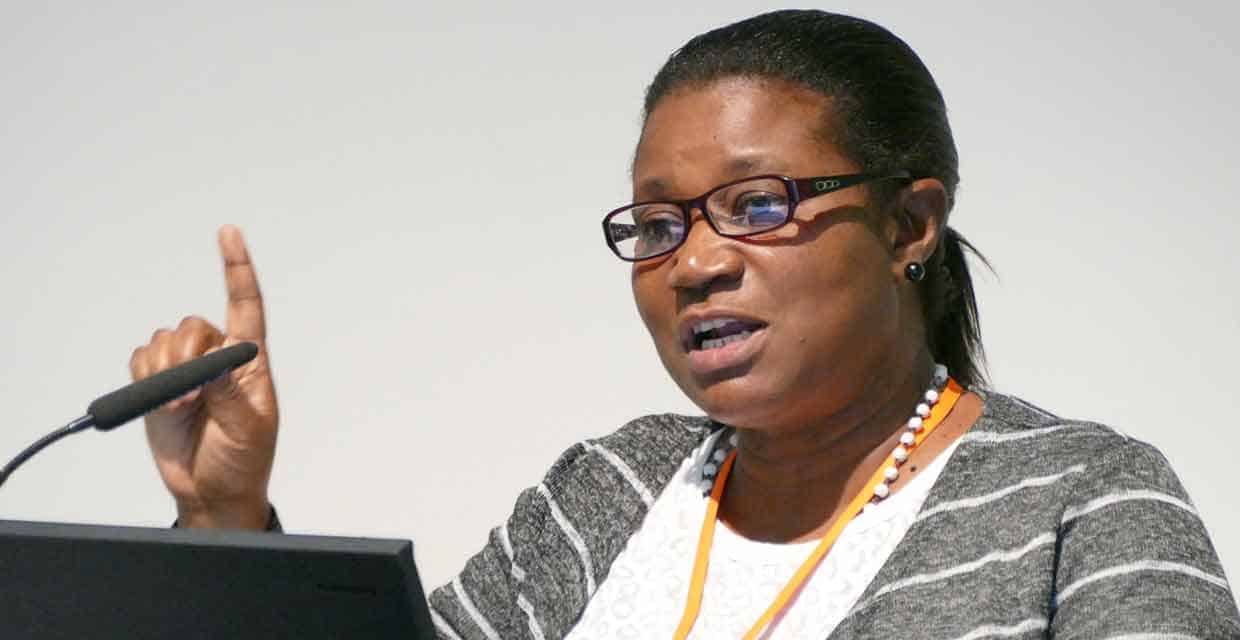A “new urban agenda” for displaced communities? Unveiling architecture and urbanism principles to strengthen the Right to the City
According to UNHCR, 65.3 million people were displaced due to conflict and persecution in 2016. How can city planning respond to this massive influx of people in a way that meets minimum standards for housing? URBANET's author Fernando Murillo outlines his ideas for inclusive cities that welcome refugees and migrants.
